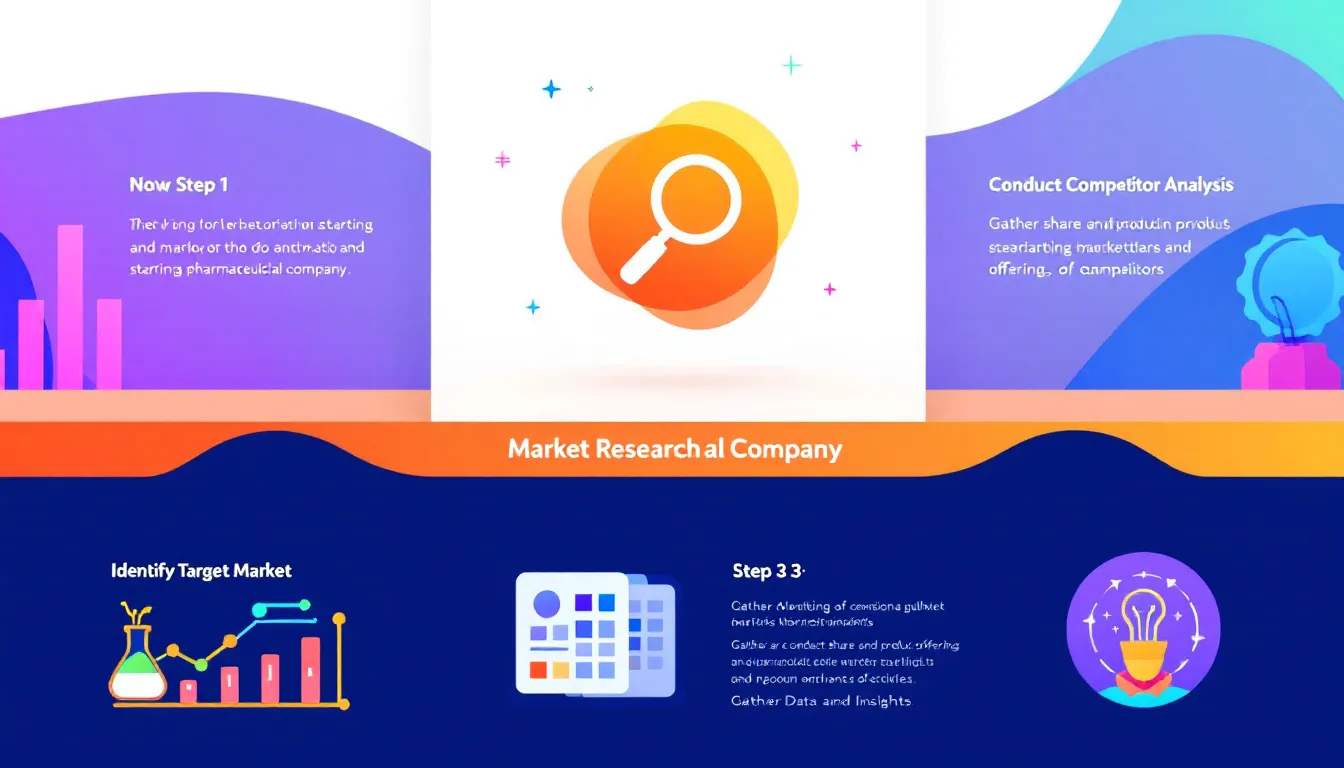Capsules are a popular choice for delivering nutrients and medications due to their convenience, portability, and ease of swallowing. In this article, we will explore three main types of capsules: hard gelatin, soft gelatin, and plant-based alternatives. Each type offers specific advantages and caters to different industry requirements and consumer preferences. Join us as we delve into these capsule forms’ unique benefits and uses.

Are You Looking For A Fully Automatic Capsule Filling Machine?
Hard gelatin capsules are two-piece gelatin capsules. They have a cap and a body that fit together and are used to hold powders or pellets. These capsules come in different sizes, dissolve quickly, and are widely used for medicines.
Hard gelatin capsules are made primarily from these ingredients:
Hard gelatin capsule examples include ibuprofen, which offers quick pain relief when encapsulated in this form. Antibiotics like amoxicillin and dicloxacillin are also available as hard gelatin capsules. Additionally, omeprazole, used for treating heartburn, and fluoxetine, an antidepressant, are other key examples. These capsules are tasteless, odorless, and gluten-free, ensuring they are easy to take and suitable for those with gluten sensitivities, while their design guarantees safe and effective medication delivery.
Capsule sizes range from #000 (the largest) to #5 (the smallest). The smallest capsule size, #5, is ideal for low-dose formulations and is often used for children or animal medications.
Gelatin capsules are recognized as safe and reliable across various industries. They adhere to stringent global pharmacopeia standards such as USP, EP, and JP, ensuring their quality and safety. Gelatin is:
However, as they are derived from animal sources, gelatin capsules are unsuitable for vegetarians or vegans, making plant-based alternatives like HPMC capsules better for these audiences.
Soft gelatin capsules, or soft gels, are designed to encapsulate liquids, oils, or semi-solid substances. They are made in one piece and hermetically sealed to protect and contain oil—or liquid-based formulas. This seamless design ensures no leaks, making them ideal for oil-based supplements like fish oil, vitamin E, and other essential oils.

What’s the difference between the Hard and Soft Gelatin?
Softgels are similar in makeup to hard gelatin capsules but are modified to handle liquid contents better. Their composition includes:
Soft gelatin capsules, commonly referred to as soft gels, are specifically designed to encapsulate and protect a range of substances that benefit from airtight and light-resistant packaging. These include:
Examples include fish oil, vitamin D, and evening primrose oil, which are preserved effectively within softgels to prevent oxidation and maintain potency.
Softgels enhance the bioavailability of liquid medications, facilitating more efficient absorption and easier swallowing for patients.
These might consist of specialized therapeutic formulations that require the protective barrier of a softgel to maintain the integrity and dosage accuracy of the medication.
HPMC (Hydroxypropyl Methylcellulose) capsules are plant-based capsules derived from cellulose. They are suitable for vegetarians, vegans, and those with dietary restrictions.
Pullulan capsules are crafted from pullulan, a polysaccharide polymer naturally fermented from tapioca. These completely plant-based capsules make them ideal for organic and vegan products.
Enteric coated capsules are designed to pass through the stomach and dissolve in the intestine. This protects ingredients sensitive to stomach acid or reduces irritation for consumers.
| Capsule Type | Features | Common Uses | Advantages | Limitations |
| Hard Gelatin | Two-piece capsule for powders or pellets. | Medicines like ibuprofen, antibiotics. | Cost-effective, quick dissolving. | Not suitable for vegetarians/vegans. |
| Soft Gelatin | One-piece capsule for liquids or oils. | Fish oil, vitamin D, liquid medications. | Airtight, easy to swallow. | Higher cost than hard capsules. |
| HPMC | Plant-based, two-piece capsule. | Vegan supplements, moisture-sensitive meds. | Vegetarian-friendly, heat stable. | Higher production cost. |
| Pullulan | Plant-based, made from tapioca. | Organic and oxygen-sensitive products. | Excellent oxygen barrier, eco-friendly. | Limited availability. |
| Enteric-Coated | Coated to dissolve in the intestines. | Acid-sensitive drugs like aspirin. | Protects stomach, improves absorption. | Coating process adds complexity. |
Hard gelatin capsules are excellent for dry or powdered ingredients, offering cost-effectiveness and versatility. In contrast, soft gelatin capsules are preferable for encapsulating liquids and oils, providing an airtight environment that preserves the active ingredients.
Both HPMC and Pullulan capsules are vegetarian-friendly, but Pullulan stands out for its superior moisture protection, making it ideal for sensitive and hygroscopic ingredients.
Capsules come in a range of sizes, each suited to specific dosage needs. The choice of color can enhance brand recognition, differentiate product lines, and make products more consumer-friendly. Here’s a breakdown:
| Capsule Size | Volume (ml) | Length (mm) | Common Applications | Color Options |
| #000(Largest) | 1.37 | 26.1 | High-dose supplements | Wide range of solid or transparent colors |
| #00 | 0.90 | 23.4 | Standard medications and supplements | Customizable shades for branding |
| #0 | 0.68 | 21.6 | Moderate-dose supplements | Clear or tinted |
| #5(Smallest) | 0.13 | 11.1 | Pediatric or veterinary applications | Neutral or subtle colors |
Choosing the correct capsule type is crucial for efficient production. Consider the following:
Choosing the right capsule type is key to delivering safe, effective, and consumer-friendly products. At Canaan, we provide top-tier capsule solutions and advanced capsule filling machines to help you optimize production and meet market demands.
Ready to elevate your manufacturing process? Explore our range of capsules and cutting-edge machinery today. Contact Canaan now to find the perfect fit for your business!




Pharmaceutical third party manufacturing is when companies outsource product production to specialized firms. This practice enables companies to focus on research and development. In this guide, we’ll cover the benefits, processes, and considerations of third party manufacturing. Key Takeaways Understanding Pharmaceutical Third Party Manufacturing Pharmaceutical third party manufacturing is a service where a company hires […]

Pharma discovery is crucial for finding new treatments for diseases. This process starts with identifying drug targets and ends with getting safe, effective drugs to market. In this article, we explain each stage of pharma discovery and highlight the innovations transforming this field today. Key Takeaways The drug discovery process is complex and entails multiple […]

If you want to know how do you start a pharmaceutical company, it involves conducting market research, developing a business plan, securing funding, and navigating regulatory requirements. This guide will cover these important steps and more to help you launch and grow a successful pharmaceutical business. Key Takeaways Conduct Comprehensive Market Research Starting a pharmaceutical […]